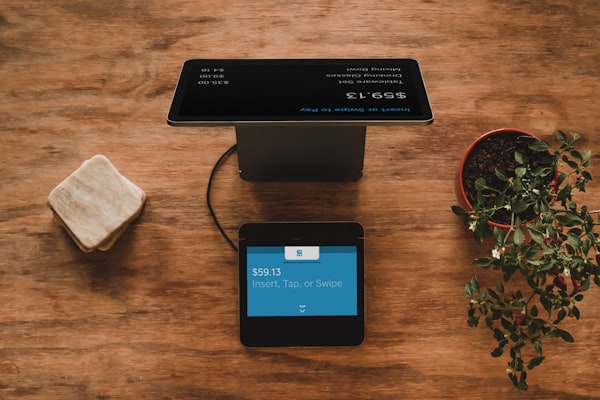Becoming a merchant has never been easier. There are numerous ways for merchants to develop their businesses and build up an almost worldwide clientele. But becoming a merchant in todays’ economy means that you will have to face a series of risks while doing business. The main one will be chargeback from customers that are not satisfied with what you provide them with. Luckily, chargeback defense is a very important tool that merchants have in order to protect their businesses. It means that a merchant can take special steps in order to ensure that his revenue is protected and that his image is secured. But handling this on your own can be difficult at times. That is why some companies offer specialized services for merchants in order for them to better understand their options and to help them deal with whatever bumps might appear along the way.
When Does a Merchant Have to Deal with Chargeback?
The world economy is a complex system composed of buyers and sellers, and even other entities that provide crucial services to the first two categories. In order for this system to work all of its parts have to trust each other and understand that they need one another. But this isn’t always the case. Occasionally, something can go wrong and a component of the system may fail. This is when special security measures come into play and deal with the problem. But figuring out what the problem is and how to handle it is a big part of the solution itself. That is why sometimes solving a dispute between a merchant and a customer, for instance, can be quite difficult.
Chargeback , for instance, is one of the most common things merchants have to deal with. And, although the action itself is quite frequent in the economic world, each merchant deals with it differently. Chargeback isn’t something to be scared of. It just means that something didn’t go as it should during the buying-selling process. This could mean a variety of reasons. The most common ones are that the customer changed his mind and wants his money back, or the item of service he received wasn’t what he had ordered or expected. Regardless of the reason, chargeback is something every merchant has to face sooner or later. The best thing when faced with such an action is to try and learn from it and improve the areas that the customer reported as lacking.
Another thing about chargeback any merchant should be aware of is that, although the system might seem “rigged” in favor of the customer, there are ways of dealing with it in a manner that does not affect the business itself or other loyal partners and clients. This is because not every chargeback allegation is clearly founded or supported. Some can turn out to be made up or even have shaky arguments behind them. The merchant has to know how to disprove these claims and who to address in order to make his case as compelling as possible. But that might be a bit tricky for some merchants, especially new ones that do not entirely understand how the business world works and what they need to do in order to protect themselves.
Who Can Help a Merchant with His Chargeback Defense?
Chargeback defense (https://www.bams.com/chargeback-defense/) can prove a bit complicated for merchants, especially their first couple of times, until they get the hang of it. Luckily, there are a number of companies out there that can help them with almost anything, especially chargeback defense. Unlike other services that these companies offer, chargeback defense is a specialized one that focuses on helping the merchant research and prepare his case in order to receive as less damage as possible. this means that the merchants’ image has to be preserved in order to not affect future sales and collaborations, and also the revenue lost has to be at a minimum.
Chargeback defense usually boils down to a number of bank statements, order forms and other documents, that the merchant has to produce and file until a certain time in order to counteract the customers’ plea. But getting these documents in the allotted time frame can be difficult, especially if the merchant didn’t have to deal with such things before. This is where the company steps in. They can take care of the merchant, guiding him through what it means dealing with banks, credit card processors, delivery companies and others. Basically, what the company does is provide a guideline on how chargeback defense works with step by step instructions for the merchant to follow. This kind of information can sometimes prove invaluable, especially when dealing with tight deadlines and hard slow moving clerks.
Another great way of dealing with chargeback defense is some serious research. Any merchant should always do his research before starting his business. That includes knowing what the risks are and how to manage them. Handling chargeback defense is one of the most important things a merchant should learn to deal with on his own. There are a number of sites and blogs dedicated to helping new merchants understand their options when it comes to dealing with various situations. Although in certain cases some assistance may be required, they are generally very well documented and explain really well what a merchant has to do in order to keep his business going and his customers coming.
But the best chargeback defense, for almost any merchant, is keeping your customers happy and dealing directly with them in case of any unfortunate happenings. Dealing directly with customers can be difficult sometimes. Some might not feel comfortable to handle things this way, while others might feel that the best way to do this is through another party. Regardless of the reasons the client invokes, the merchant should try and handle things himself. This way he can better understand how his clients think, where and what his weaknesses are and improve his skills of conflict resolution.





